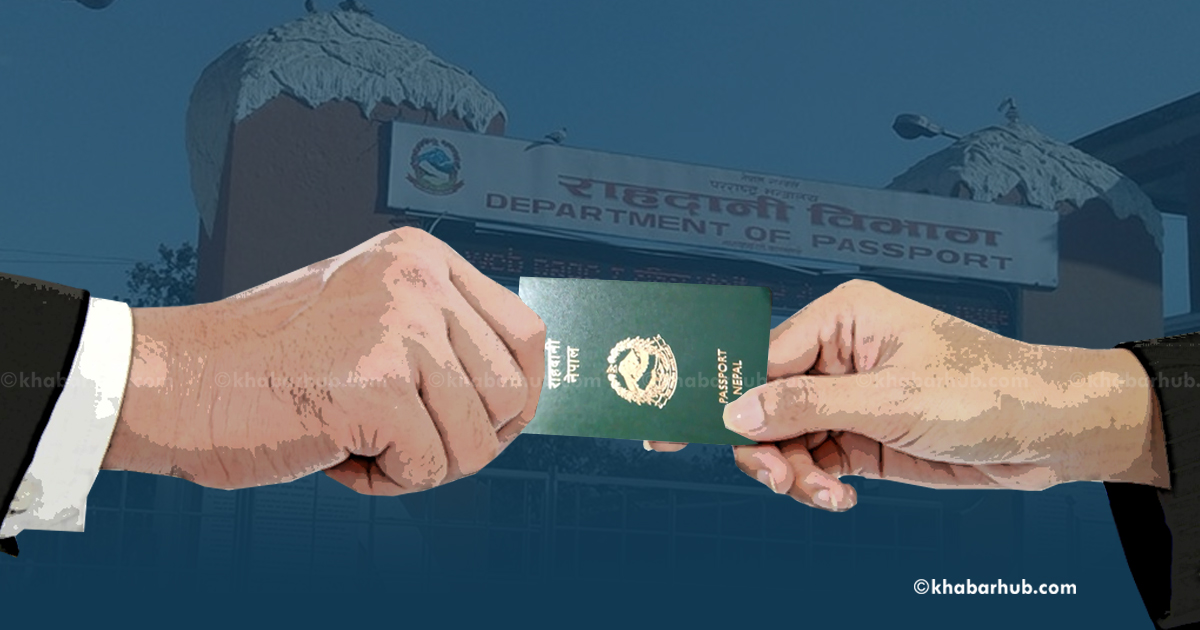KATHMANDU: The Commission for the Investigation of Abuse of Authority (CIAA) has launched an investigation into alleged irregularities in the procurement of 2.8 million E-Passports, which may represent one of the largest graft cases uncovered by Nepal’s anti-corruption body.
The CIAA has requested the Department of Passport to provide details regarding the procurement process conducted through a variation order last year.
The Office of the Auditor General’s annual report highlighted discrepancies in the procurement, indicating that the Department of Passport paid the French company IDEMIA for the entire system, including booklets and personalization systems, despite the variation order only necessitating payment for the booklets.
Concerns have arisen over the government’s payment of USD $10.13 per passport under the variation order, given that IDEMIA was only responsible for supplying the booklets and no IT system upgrades were required.
Typically, when a vendor quotes a price, it encompasses the total cost of both the booklets and the IT system.
Consequently, the Auditor General’s report suggests possible misappropriation of state funds in awarding the variation order to IDEMIA.
Further complicating the matter, IDEMIA has maintained a monopoly on passport supplies to the Department of Passport since 2009.
Over the past 15 years, IDEMIA has consistently held exclusive rights to supply passports, with previous Auditor General reports indicating irregularities in variation orders awarded to the company since 2012.
The findings suggest that IDEMIA improperly charged the Government of Nepal for the entire system in every variation order, rather than solely for the booklets when there were no upgrades to the IT infrastructure.
In total, 6.6 million passports have been ordered via variation orders over the past decade and a half, raising significant concerns regarding potential graft and embezzlement of government funds.
Initial investigations into the procurement process have revealed that IDEMIA was represented by Elvin Chia, Gaurav Gupta, and Wee Liang Tan, who allegedly misled officials at the Department of Passport.
As the CIAA embarks on a comprehensive investigation into what could be Nepal’s largest graft case, scrutiny has intensified on the Department of Passport’s recent efforts to launch a tender for E-Passport procurement.
Speculation suggests that IDEMIA’s in-house staff may have provided technical input during the drafting of the Request for Proposal (RFP).









Comment